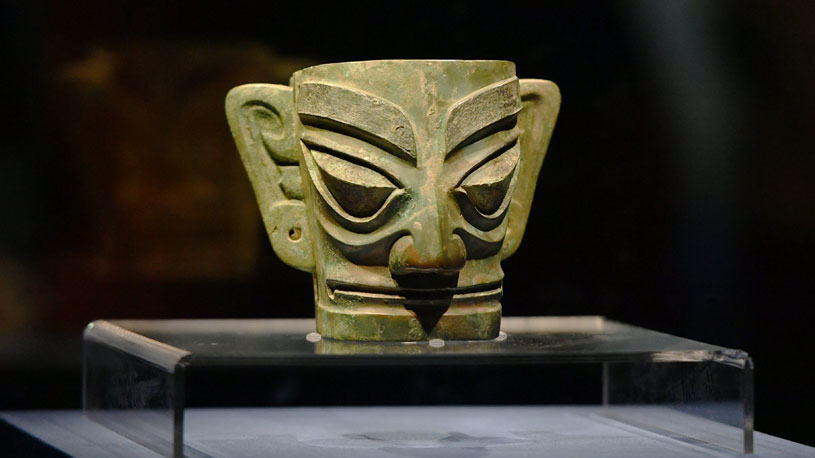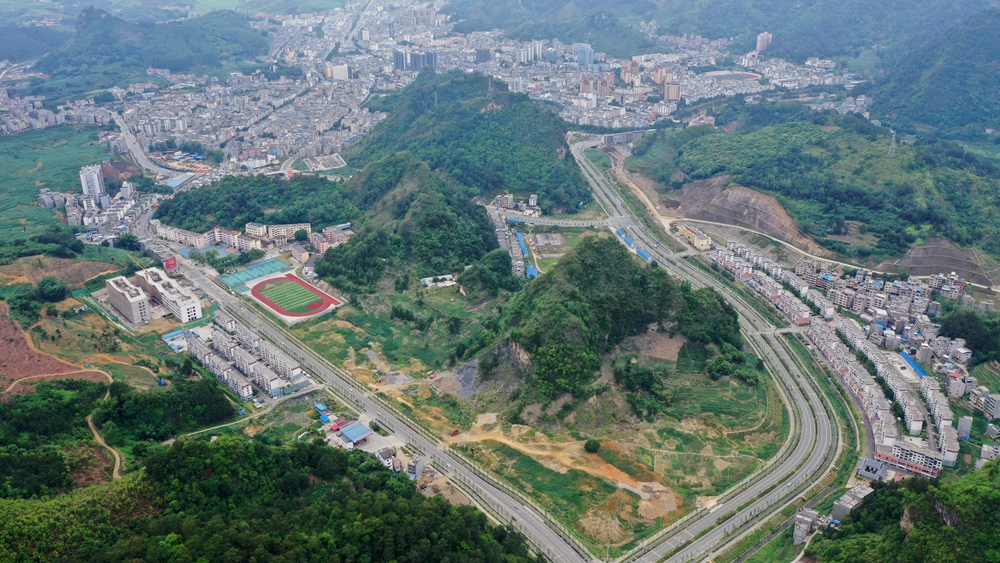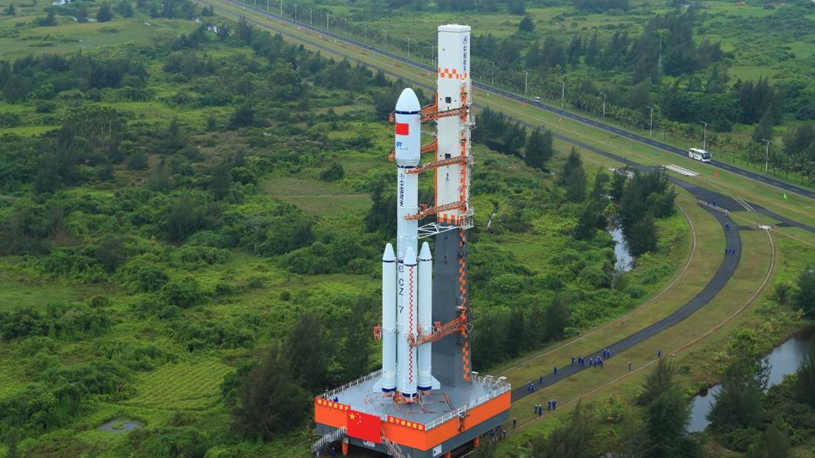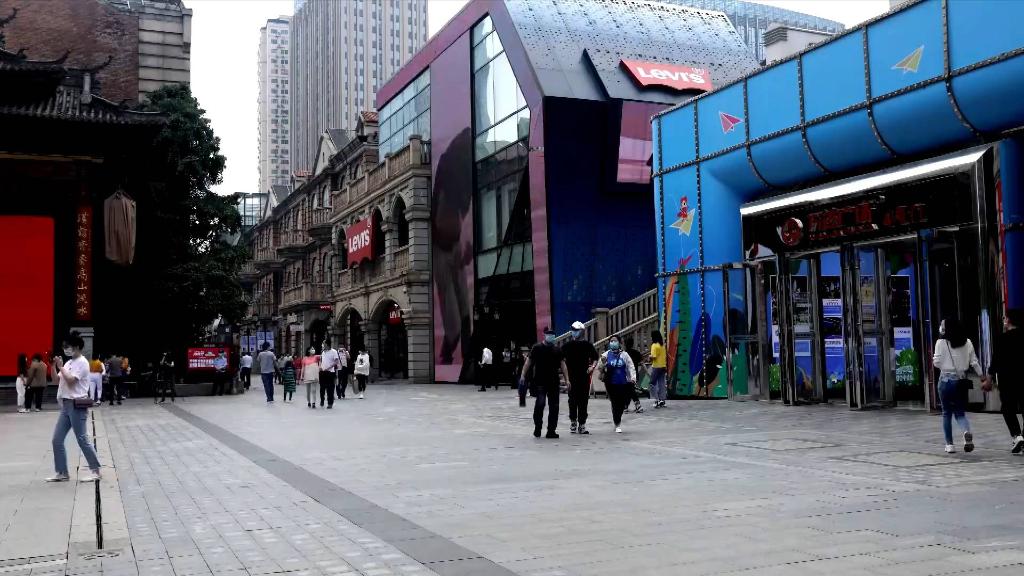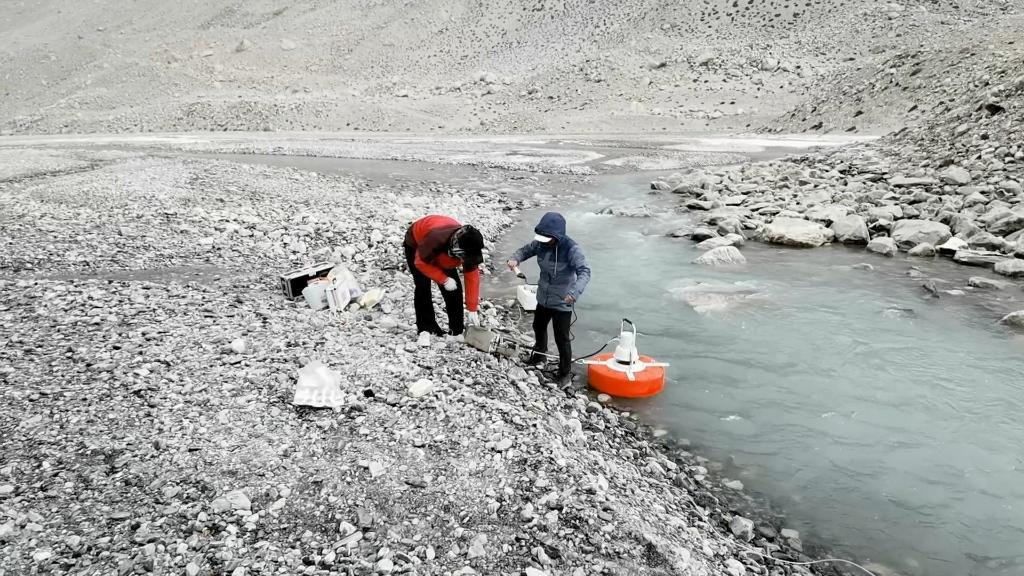Kenyans have warmly welcomed the trial run of the 27.1-km Nairobi expressway financed and built by the China Road and Bridge Corporation under a public-private partnership model.
NAIROBI, May 15 (Xinhua) -- Kenya on Saturday began trial runs on the Chinese-built Nairobi expressway ahead of its commissioning in the next few weeks.
James Macharia, the cabinet secretary of the Ministry of Transport, Infrastructure, Housing and Urban Development, said Saturday during a media briefing in Nairobi, the Kenyan capital, that there is massive interest among motorists to use the toll road that stretches from the western side of the city to the southeast edge of the metropolis.
"It is one of the best pieces of infrastructure ever done in Africa. In fact, it's the longest expressway in Africa. And so, we are very proud today to come to witness the start of the trial run, which will be done for about three or four weeks," said Macharia, adding that 11,000 Kenyan road users have registered, and the number will go up to almost 50,000.

Photo taken on May 14, 2022 shows a section of the Nairobi expressway in Nairobi, Kenya. (Photo by Fred Mutune/Xinhua)
The 27.1-km Nairobi expressway was financed and built by China Road and Bridge Corporation under a public-private partnership model. Full-scale construction of the about 600 million U.S. dollars infrastructure project began in September 2020.
Macharia said the expressway has been built in record time because it has been completed one year ahead of schedule, and its impact will be positive on the economy. He observed that the infrastructure project represents a new dawn for Kenya as it will have a very big impact in terms of mobility, especially for motorists traveling between Jomo Kenyatta International Airport and Nairobi's central business district.
Macharia said the Nairobi expressway is a private investment and therefore the government has not committed any money to the infrastructure project.
"The Kenya government has not committed any money on this investment, we have not borrowed a single cent of the total amount of about 600 million U.S. dollars, which is about 70 billion shillings," he said.
"The money which the government could have spent here has been now spent elsewhere." According to Macharia, the Nairobi expressway is a good example of the benefits of public-private partnership because it frees up public expenditure for use on social expenditures.
"This is the most important thing for Kenyans to know that this public-private partnership is so important because first of all, you don't borrow and it is not affecting our debt ratio," he added.
Ibrahim Doboshek, a motorist, who took part in the trial run, told Xinhua that the standards of the road construction of the expressway are comparable to those in the advanced countries of the world. "I am so grateful because I used to take 2 to 3 hours on Mombasa road due to traffic but today I have used 10 minutes."
George Were, another road user, who lives in Kitengela town which is about 30 km southeast of Nairobi's central business district, said that the new expressway is very convenient and fast. "I recommend guys to use it. I know there's the element of cost. But in terms of convenience, I think it is really value for money because a journey that used to take two hours is now down to less than 20 minutes."

Vehicles were running on an expressway between the Jomo Kenyatta International Airport and Nairobi's central business district, in Kenya, May 14, 2022. (Xinhua/Long Lei)
Before Saturday's trial run, an inaugural city marathon was held on the Nairobi expressway last Sunday, which attracted more than 8,000 runners to participate.
"As a result of developing modern infrastructure projects like the Nairobi Expressway, the country will reap multiple benefits, chief among them ease of travel, improved trade, investments and environmental health," Kenyan President Uhuru Kenyatta said during the award ceremony for marathon winners.
During the construction period, the expressway had created more than 6,000 direct jobs, benefiting 200 sub-contractors and hundreds of other local suppliers of building materials such as steel, sand, cement and ballast.
A new job has now emerged in Kenya -- toll attendant on the expressway.
"I'm really excited about this job because it impacts positively on the country's development," said Rodah Mwenje Okoth, who works as a toll attendant at the Nairobi expressway. She told Xinhua that she underwent two months of intensive training before beginning her job.
She said the road project has provided a lot of job opportunities to Kenyans while solving traffic congestion in the capital city.
Like Okoth, more than 400 toll attendants are now working at the Nairobi Expressway. ■

